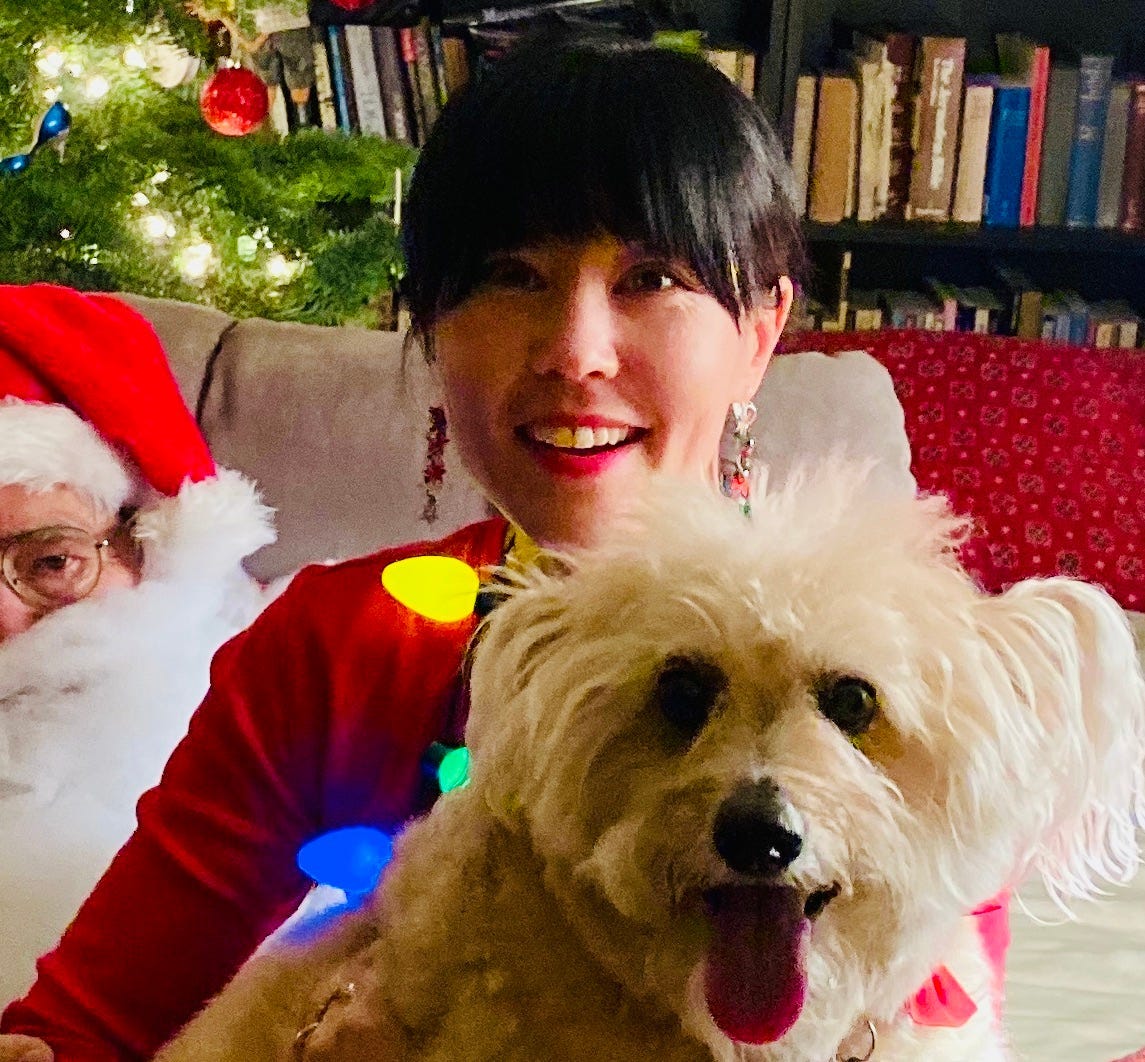"The Cave of Adventure" by Helen De Cruz
A choose your own adventure story! Would you choose to be happy?
NEWS:
After Dinner Conversation has been receiving some honors recently, and that’s thanks to your support.
Volunteer as an acquisition reader and help us decide which story submissions get published. No experience required, just a keen eye for stories that make you think. If you’re interested, just shoot Kolby an email and he’ll get you set up.
Educators, find out how to get a free copy of a themed edition.
If you enjoy these stories and want to support writers and what we do, you can always subscribe to our monthly magazine via our website (digital or print), or via substack.
Also check out our free partner ebook downloads.
Thanks for reading, sharing, and re-stacking this post!
Tina
Keep reading with a 7-day free trial
Subscribe to After Dinner Conversation - Philosophy | Ethics Short Story to keep reading this post and get 7 days of free access to the full post archives.



